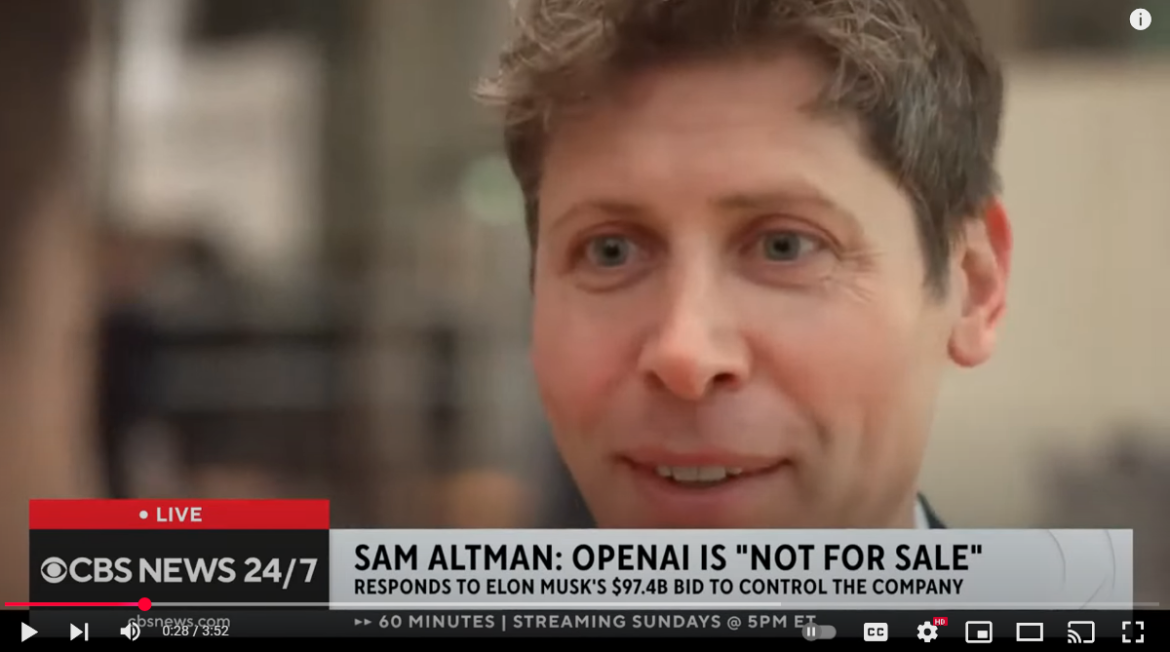In a significant escalation of tensions within the artificial intelligence sector, Elon Musk, leading a consortium of investors, has made an unsolicited $97.4 billion offer to acquire OpenAI, the organization he co-founded in 2015. OpenAI’s current CEO, Sam Altman, has firmly dismissed the bid, asserting that the company is “not for sale” and suggesting that Musk’s move is an attempt to hinder OpenAI’s progress.
Altman, speaking at the Artificial Intelligence Action Summit in Paris, speculated that Musk’s offer is a strategic maneuver to slow down OpenAI, potentially to allow Musk’s own AI venture, xAI, to catch up. He remarked, “I don’t think he’s a happy person. I do feel for him.” Altman further emphasized OpenAI’s commitment to its mission, stating that neither the company nor its mission is for sale.
In a pointed retort, Altman humorously proposed purchasing Musk’s social media platform, X (formerly Twitter), for $9.74 billion, a fraction of the price Musk paid. This exchange underscores the deepening rift between the two tech leaders, who have had a strained relationship since Musk’s departure from OpenAI’s board in 2018.
Musk’s bid aims to revert OpenAI to its original open-source, safety-focused mission, countering its recent shift towards a for-profit model. He has previously criticized OpenAI for deviating from its founding principles and prioritizing profit over public good. In 2024, Musk filed a lawsuit against OpenAI, alleging that the organization had abandoned its charitable goals in favor of profit.
The offer from Musk’s consortium, which includes financing from several venture firms and Musk’s AI company xAI, has been submitted to OpenAI’s board of directors. However, Altman has indicated that the board has no interest in the offer, emphasizing that OpenAI’s structure is designed to prevent any individual from taking control.
This development comes as OpenAI is in the process of restructuring into a for-profit entity to secure necessary capital for AI development. The organization is also negotiating a significant investment from SoftBank, which could further complicate Musk’s takeover attempt.
The unfolding situation highlights the complex dynamics at play in the rapidly evolving AI industry, with significant implications for the future direction and governance of artificial intelligence development.



